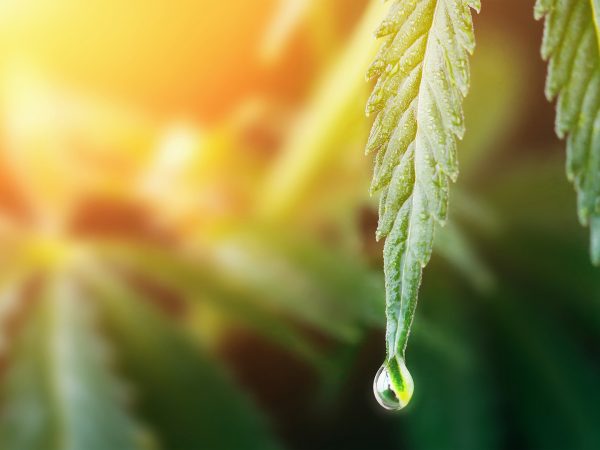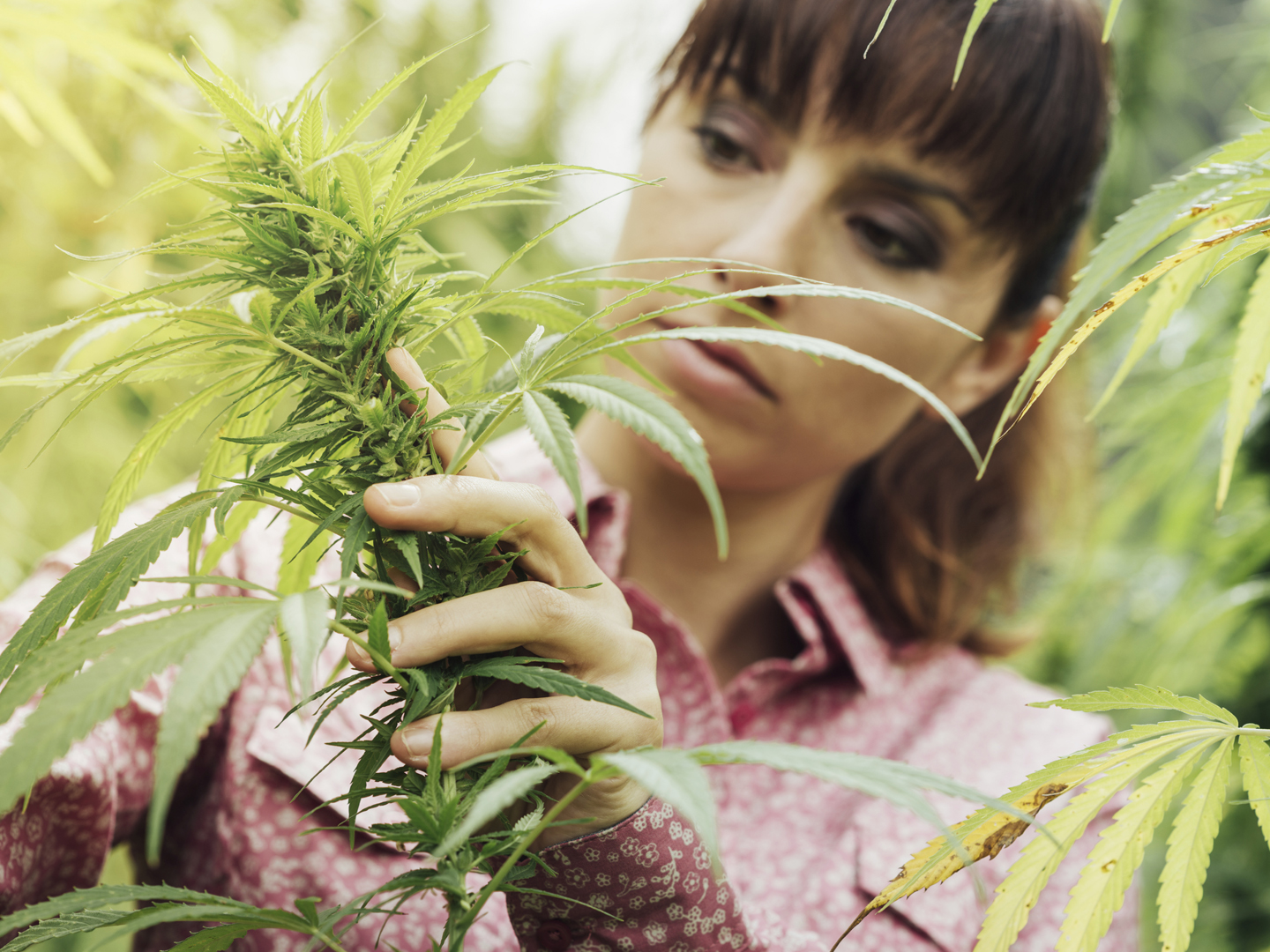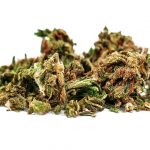Are All THC Products Created Equal?
I’ve been hearing about a new Delta 10 cannabinoid – what’s the difference between that and Delta 9?
Andrew Weil, M.D. | February 17, 2022

Delta-9-tetrahydrocannabinol (THC) is the psychoactive component of cannabis products. In most people it induces a feeling of euphoria (the “high”), and it can provide relief from pain and nausea in patients with cancer, migraine, and other conditions. Cannabis that contains more than .3% THC is illegal to possess under federal law, although some individual states have made it legal for either medicinal or recreational use. This confusing situation has led to the development of synthetic THC variations, including Delta 10, that may attempt to skirt the federal prohibition.
Delta 10 (along with Delta 8, another relatively new variation) is an isomer of Delta 9, meaning that the molecules have the same formulas, but with different arrangements of the atoms within them. Both isomers can be derived from hemp, cannabis that generally contains 0.3 percent or less THC. That’s why vendors of cannabis products claim that Delta 8 and Delta 10 products are legal under federal law and may be sold and used in any state where not specifically prohibited.
In September 2021, the Food and Drug Administration (FDA) issued a warning about Delta 8, citing the unpredictability of product labeling and variability in THC concentrations. They also reported hundreds of adverse effects caused by the products, nearly half of them in children. In addition, they noted, residuals of the chemicals required to extract the isomer from hemp may have harmful effects.
The Centers for Disease Control and Prevention (CDC) also issued a health advisory about Delta 8, noting the adverse effects and the potential for purchaser confusion. The plant known as Cannabis sativa L. produces dozens of cannabinoids, not all of which are psychoactive. Cannabidiol (CBD), for example, is a cannabinoid that is not psychoactive and has many useful properties. But CBD can also be synthetically converted into different THC isomers using various chemicals and solvents, and unscrupulous vendors may label edibles, vape pens, and other products as being “derived from” hemp or CBD, creating the illusion of safety.
Finally, because the Delta 8 and 10 isomers are technically derived from products with less than the legal limit for THC, and thus not psychoactive, users may believe they can safely drive while under its influence. This is not always the case, as the isomers may have effects that do cause impairment.
Until more is known about the Delta 10 isomer, I would exercise all the same cautions as those advised for Delta 8. Read more about medical uses for cannabis, including using CBD oil for pain relief.
Andrew Weil, M.D.
Sources:
Britt E. Erickson, “Delta-8-THC craze concerns chemists,” Chemical and Engineering News, August 30, 2021. https://cen.acs.org/biological-chemistry/natural-products/Delta-8-THC-craze-concerns/99/i31
FDA: 5 Things You Should Know About Delta 8 Tetrahydrocannabinol – Delta-8 THC
CDC: Increases in Availability of Cannabis Products Containing Delta-8 THC and Reported Cases of Adverse Events












